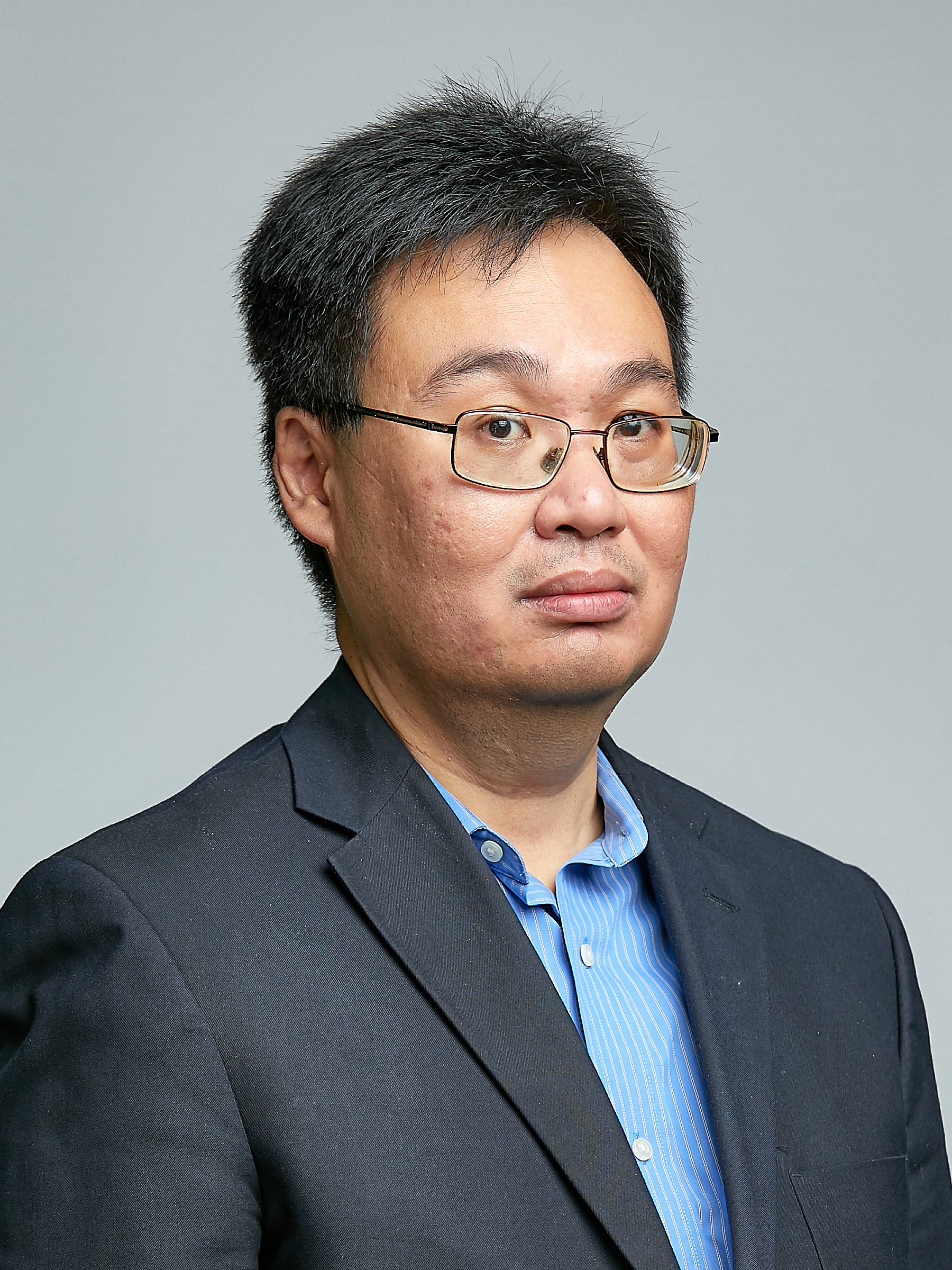Abstract
One year into President Prabowo Subianto’s leadership, Indonesia finds itself at a critical juncture. This seminar explores key developments in the first 12 months of his administration, including shifting political alliances, emerging governance patterns, and the trajectory of Prabowo’s policy agenda. The discussion will begin with an examination of Prabowo’s evolving relationship with coalition partners, opposition parties, and Islamic groups. This part will also include the September 2025 cabinet reshuffle, which was perceived both as a response towards recent public dissatisfaction and an attempt to consolidate Prabowo’s control over the cabinet. Turning to defence and security, the seminar will cover the Indonesian Army (TNI) modernisation plan, institutional reform, and the relationship between the president and the TNI. Political economy issues will also be foregrounded, including the cost of the Free Nutritious Food (MBG) programme and other development priorities. Lastly on foreign policy, the seminar will highlight Prabowo’s diplomacy with the United States, China, and other nations – and how it handles geopolitical shocks like the Trump tariffs.
About the Speakers
 Alexander Raymond Arifianto is Senior Fellow and Coordinator of the Indonesia Programme at the S. Rajaratnam School of International Studies (RSIS) at Nanyang Technological University (NTU). Dr Arifianto earned a PhD in political science from Arizona State University. His research interests are contemporary Indonesian politics, political Islam, and Indonesian foreign policy. Dr Arifianto has co-edited two books: Rising Islamic Conservatism in Indonesia: Islamic Groups and Identity Politics (with Leonard C Sebastian and Syafiq Hasyim) (Routledge, 2021) and The 2018 and 2019 Indonesian Elections: Identity Politics and Regional Perspectives (with Leonard C. Sebastian) (Routledge, 2021). His articles have appeared in refereed journals such as Religion, State, and Society, Asia Policy, Trans-National and Regional Studies of Southeast Asia (TRaNS), Asian Security, Asian Politics and Policy, and Journal of Southeast Asian Economies (formerly ASEAN Economic Bulletin).
Alexander Raymond Arifianto is Senior Fellow and Coordinator of the Indonesia Programme at the S. Rajaratnam School of International Studies (RSIS) at Nanyang Technological University (NTU). Dr Arifianto earned a PhD in political science from Arizona State University. His research interests are contemporary Indonesian politics, political Islam, and Indonesian foreign policy. Dr Arifianto has co-edited two books: Rising Islamic Conservatism in Indonesia: Islamic Groups and Identity Politics (with Leonard C Sebastian and Syafiq Hasyim) (Routledge, 2021) and The 2018 and 2019 Indonesian Elections: Identity Politics and Regional Perspectives (with Leonard C. Sebastian) (Routledge, 2021). His articles have appeared in refereed journals such as Religion, State, and Society, Asia Policy, Trans-National and Regional Studies of Southeast Asia (TRaNS), Asian Security, Asian Politics and Policy, and Journal of Southeast Asian Economies (formerly ASEAN Economic Bulletin).
 Leonard C. Sebastian is Senior Fellow at the Indonesia Programme at the S. Rajaratnam School of International Studies (RSIS). Educated at York University (Canada) and The Australian National University, his academic training is in History, International Political Economy and Strategic and Defence Studies. He has covered Indonesia in a career spanning more than two decades and published his first major work on Indonesia about defence and security doctrine titled Realpolitik Ideology: Indonesia’s Use of Military Force (2006).
Leonard C. Sebastian is Senior Fellow at the Indonesia Programme at the S. Rajaratnam School of International Studies (RSIS). Educated at York University (Canada) and The Australian National University, his academic training is in History, International Political Economy and Strategic and Defence Studies. He has covered Indonesia in a career spanning more than two decades and published his first major work on Indonesia about defence and security doctrine titled Realpolitik Ideology: Indonesia’s Use of Military Force (2006).
 Siwage Dharma Negara received his PhD (Economics) from the University of Melbourne, Australia. He is Co-Coordinator for the Indonesia Studies Programme and Coordinator for the Singapore APEC Study Centre at the ISEAS Yusof Ishak Institute. He is an editorial member of the Journal of Southeast Asian Economies. His research focuses on macroeconomic and development issues, industrial and trade policies with a special focus on Indonesia. Before joining the institute, he worked as a researcher at the Indonesian Institute of Sciences (LIPI) and economist consultant for the World Bank Office Jakarta.
Siwage Dharma Negara received his PhD (Economics) from the University of Melbourne, Australia. He is Co-Coordinator for the Indonesia Studies Programme and Coordinator for the Singapore APEC Study Centre at the ISEAS Yusof Ishak Institute. He is an editorial member of the Journal of Southeast Asian Economies. His research focuses on macroeconomic and development issues, industrial and trade policies with a special focus on Indonesia. Before joining the institute, he worked as a researcher at the Indonesian Institute of Sciences (LIPI) and economist consultant for the World Bank Office Jakarta.

Adhi Priamarizki is a Research Fellow at the Indonesia Programme, S. Rajaratnam School of International Studies (RSIS), Nanyang Technological University. He holds a PhD in International Relations from Ritsumeikan University, Japan and a MSc in Strategic Studies from RSIS. Adhi wrote a doctoral dissertation on civil-military relations in Indonesia, Myanmar, and Thailand. His research interests include Indonesia’s military transformation, civil-military relations in Southeast Asia, and Indonesian politics. His publications have appeared in East Asia Forum, The Jakarta Post, New Mandala, Journal of Asian Security and International Affairs, Asian Journal of Comparative Politics, Defense & Security Analysis, and Contemporary Southeast Asia.



 Add to Google calendar
Add to Google calendar
 Add to Outlook calendar
Add to Outlook calendar
